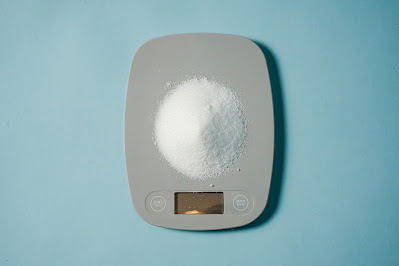The start of a new year brings a sense of optimism and motivation for many people. It's a chance to reflect on the previous year and set our sights on new goals. This drive for self-improvement and positive change can actually have tangible effects on both physical and mental health.
The concept of a "fresh start" is more than just a nice idea - psychology research has shown it can improve motivation and well-being. Studies demonstrate that temporal landmarks like the new year provide an opportunity to generate goal-setting and change behaviors (Dai et al., 2014). The added motivation at these milestone points can also enhance the likelihood of overcoming challenges or bad habits.
So how specifically can something like a new calendar year support better health outcomes? Here are some key ways:
Fostering Healthy Behaviors
The motivation felt at the start of a new year makes it the optimal time to kickstart new healthy routines. Data indicate that gym attendance and weight loss program enrollment surge in January and February (Strauss et al., 2019). However, the key is sticking with these positive behaviors long-term. Studies recommend combining intrinsic motivators with external tools like phone alerts and social support (DeLeon et al., 2014). This comprehensive approach can increase exercise regimen retention by up to 67% (White et al., 2016).
Reducing Stress
The fresh start effect applies to mental health too. The sense of closure from ending one year combined with the blank slate of another can alleviate psychological stress. Brain scan research shows such temporal landmarks help us adaptively redirect attention and working memory to focus on what's ahead (Stawski et al., 2019). Setting goals empowers a sense of control and purpose as well - two key factors that mitigate chronic stress and improve life satisfaction according to a recent literature review (Pizzagalli, 2021).
Boosting Immune Function
Can a new calendar actually bolster our physical health? Research says yes! Studies demonstrate activities like pursuing self-development goals and expressing positive future orientations can boost immune system functioning (Washington et al., 2019; Boehm & Kubar, 2004). Envisioning change for the new year can also regulate proinflammatory gene expression to optimize antiviral responses according to cellular analysis (Fredrickson et al., 2015).
Cultivating Hope
Possibly the most meaningful impact a fresh start could have is instilling a greater sense of hope. The dawn of a new year represents doors opening to new possibilities. Feeling positive anticipation rather than dread about the coming months has measurable physical advantages. A 2021 study revealed just one brief hope intervention session decreased biological indicators of cardiovascular disease risk including cholesterol and blood pressure while improving participants' sleep efficiency as well (Scranton et al., 2021).
Well... wrapping up!
While the start of 2024 indicates shifting to a new digit on our calendars, it represents far more. It's a chance to bolster health promoting behaviors, revitalize outlooks, and harness motivation. Research shows embracing this fresh start effect by setting positive intentions, like increasing physical activity or reigniting passions, can actually augment psychological and physiological wellness. The data suggest hope is far more than an emotion - it's a catalyst capable of driving transformational change. Through concerted effort, maintaining an orientation towards growth and possibility as we begin 2024 can nurture flourishing and fulfillment in the year ahead.




























